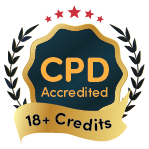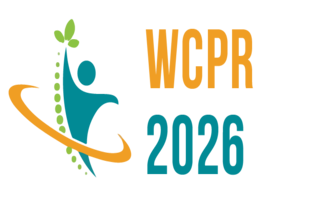3rd World Congress on
Physical Medicine and Rehabilitation
March 26-27, 2026 | Osaka, Japan

Address: 1 Chome-9-15 Shinkitano, Yodogawa Ward, Osaka, 532-0025, Japan.
WCPR 2026

London South Bank University, UK
Abstract:
From picking up your morning coffee to relearning to walk after a stroke, neuroscience is a crucial component of rehabilitation, encompassing the journey from minor everyday challenges to the recovery from significant injuries. Advances in neuroscience have provided profound insights into how the brain and nervous system adapt, recover, and reorganize in response to injury, as well as how they manage the subtle stresses of daily life. This keynote will explore the dynamic processes of neural plasticity, motor learning, and cognitive adaptation that underlie the rehabilitation principles used today. We will examine the mechanisms by which the brain repairs and reconfigures itself after injury, including the roles of neurogenesis, synaptic plasticity, and functional reorganization. Understanding these processes not only informs clinical strategies but also offers hope for improving outcomes in patients with a wide range of conditions, from stroke to chronic pain. Additionally, the talk will address how the brain's natural resilience is engaged in the rehabilitation process during everyday life activities. This includes how habits are formed and reformed, how stress impacts recovery, and the importance of cognitive and physical exercise in maintaining neural health. Based on current research, this keynote will highlight the practical applications of neuroscience in rehabilitation. The discussion will bridge the gap between theoretical neuroscience principals and the popularized notions of neuroscience, providing attendees with actionable insights to the practice of neurorehabilitation.
Biography:
Laura Elin Pigott is a Senior
Lecturer and Researcher in neurosciences and neurorehabilitation. She is also
course director for two courses at London South bank University and has a wide
range of research interest within the field of neuroscience, spanning from the
clinical to the cognitive.
